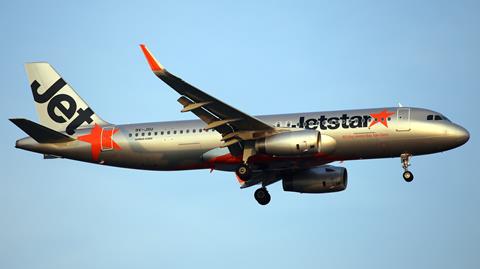Singapore-based low-cost carrier Jetstar Asia will be closed by the end of July following a “strategic restructuring” by the pro-Qantas group.
Intra-Asian operators will continue their flights on a gradually reduced schedule until their last flight on July 31st.

According to Qantas on June 11, Jetstar Asia faces “growth challenges” including high airport costs, increased competition and supplier costs that have doubled in recent years.
“This fundamentally challenged the ability of low-cost airlines to deliver returns comparable to the core markets of stronger performance within the group,” said Jetstar Asia is projected to suffer losses in the year ending June 30th.
Qantas says the closure of Jetstar Asia will allow $500 million ($326 million) of capital to renew the fleet. Jetstar Asia's 13 Airbus A320 will gradually be relocated to Australia and New Zealand to support Jetstar Airways' business in the region.
Australian airlines also hope to deploy a portion of the A320 to replace the old jets with regional operations in the Western Australian resources sector.
Qantas Chief Vanessa Hudson said: “We make disciplined decisions to recycle capital across our business, prioritizing it on stronger performance segments and strategic growth initiatives such as Project Sunrise.”
The closure only affects 16 intra-Asian routes and does not affect Jetstar Airways flights between Australia and Asia, or flights operated by the Japan-based unit Jetstar Japan.
Despite Jetstar Asia's closure, Qantas says Singapore remains a “important hub” for its international mainline network.
“Singapore remains an important hub for Qantas Group as the third largest international airport. Qantas also offers connections from Singapore with nearly 20 codeshares and interline partners to a variety of Asian destinations,” he adds.
Qantas adds that the closure of Jetstar Asia will result in a total financial impact of around $175 million. This includes one-time redundancy and restructuring costs, as well as non-cash expenses in the form of currency translation losses from “consequential changes” in the group fleet structure and writing of assets.
Jetstar Asia's closure has acquired business for over 20 years. The airline began operating in 2004 as one of the country's three low-cost operators.
A year later, it merged with rival Valuair, what was the first major integration of the region's fledgling low-cost sector.


